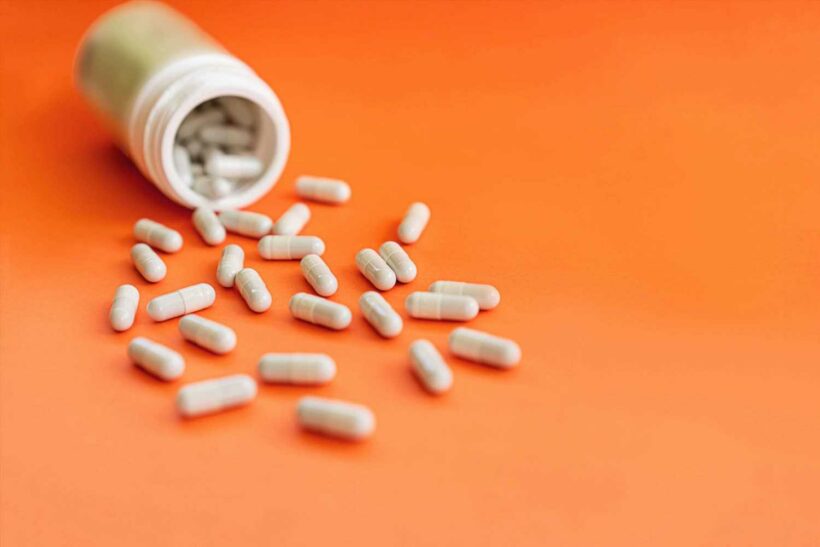A SECOND Covid-busting pill is on the horizon after Pfizer revealed its drug is 89 per cent effective.
The UK has already ordered enough to treat 250,000 people.
And barnstorming trial results now show it could keep nine out of 10 vulnerable patients out of hospital.
It comes just a day after British drug chiefs became the first in the world to green-light a Covid antiviral pill, approving MSD’s molnupiravir.
Pfizer CEO Albert Bourla said: "Today’s news is a real game-changer in the global efforts to halt the devastation of this pandemic.
"These data suggest that our oral antiviral has the potential to save patients’ lives, reduce the severity of Covid-19 infections, and eliminate up to nine out of ten hospitalisations."
A trial found just three out of 389 people given the drug after testing positive ended up in hospital.
This was nine times lower than the 28 out of 385 who were given normal medicines.
And no patients given the drug, known as PAXLOVID, died of Covid, whereas seven died in the other group.
It comes after a pill that Brits could take at home to protect them from serious Covid illness have been approved.
The UK's drugs regulator yesterday declared molnupiravir as "safe and effective" at slashing hospitalisations and deaths in people who have caught the killer bug.
In a release, the Medicines and Healthcare products Regulatory Agency (MHRA), said: "Molnupiravir has been authorised for use in people who have mild to moderate Covid-19 and at least one risk factor for developing severe illness.
"Such risk factors include obesity, older age, diabetes or heart disease."
A first of its kind, molnupiravir works by forcing errors into the coronavirus’s genetics when it reproduces.
By doing this it cripples the virus and stops it being able to multiply as quickly, preventing it taking hold in the body and allowing the immune system to fend off Covid.
Scientists in the UK welcomed the news but said the drug would have to be targeted at the most vulnerable people.
Source: Read Full Article

